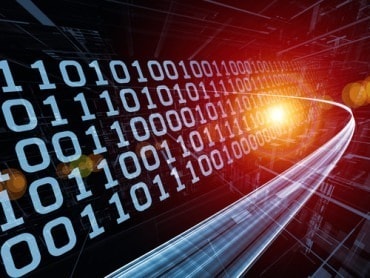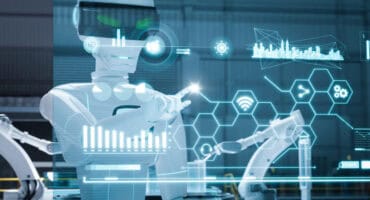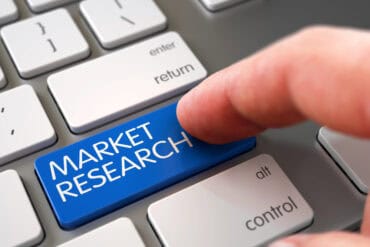
In the news this week: more database and AI solutions designed to speed research dedicated to fighting COVID-19.
Keeping pace with news and developments in the real-time analytics market can be a daunting task. We want to help by providing a summary of some of the items our staff came across each week. Here is a short list of some news from this week:
Automation Anywhere announced intelligent automation solutions to empower governments, healthcare organizations, and enterprises to implement remote working and business continuity programs as they navigate the challenges caused by COVID-19. Complementing already available solutions, the following new RPA solutions enable government and healthcare agencies to provide support to keep people informed, safe, and connected:
- Automating the manual processing of World Health Organization (WHO) clinical case forms
- Directing citizens in Macao, China to vital information with a public service dashboard
- Employee risk assessment tool for managing COVID-19 in Mainland China
Neo4j announced the availability of Neo4j for Graph Data Science, a data science environment built to harness the predictive power of relationships for enterprise deployments. Neo4j for Graph Data Science combines a native graph analytics workspace and graph database with scalable graph algorithms and graph visualization for a reliable, easy-to-use experience. This framework enables data scientists to confidently operationalize better analytics and machine learning models that infer behavior based on connected data and network structures.
Kitware Inc., the developer of advanced computer vision technologies, has been awarded a contract by the Defense Advanced Research Project Agency (DARPA) Defense Sciences Office for the Science of Artificial Intelligence and Learning for Open-world Novelty (SAIL-ON) program. The goal of SAIL-ON is to enable our military’s AI systems to detect novel conditions for which they have not been trained and to automatically adapt to those new conditions. Through this program, Kitware will help develop intelligent systems that go beyond “close-world problem solving” and evolve into adaptive systems that can address new and fluid challenges our military might face in the real world, such as an adversary’s unexpected actions or fluctuating weather.
Domino Data Lab announced that it is extending complimentary access to its Domino data science platform to organizations that are advancing the collective understanding of the COVID-19 virus, its spread, and approaches to lessening its destructive effects across the population. Researchers can access the project on Domino that is pre-populated with several datasets, including the Center for Disease Control and Prevention Fluview, and the Johns Hopkins University 2019 Novel Coronavirus data repository. Those interested in participating can view and sign up for access to the COVID-19 infectious disease data project, and request expanded use of Domino for COVID-19 research in the blue dialogue box once they are registered.
HUAWEI CLOUD launched a global action plan to help customers around the world to fight COVID-19 with cloud and AI services. As part of this international action plan against the coronavirus, HUAWEI CLOUD will be providing free AI and cloud services and will be recruiting partners around the world to fight the pandemic. Already, HUAWEI CLOUD has been working with partners in China to use cloud and AI to fight the pandemic and has accumulated practical experience with AI-assisted CT scan analysis, drug discovery, online education, and telecommuting technologies. Additionally, HUAWEI CLOUD provides EIHealth free of charge, which includes services such as viral genome detection, antiviral drug in silico screening, and AI-assisted CT patient screening service.
WellAI released a software application for COVID-19 researchers based on machine learning algorithms able to read and summarize vast amounts of medical literature. This artificial intelligence-powered application, available at https://wellai.health, can help scientists quickly find promising research pathways related to COVID-19 based on any set of medical concepts. It outlines possible research opportunities and shows the research studies that were used by the model to generate the suggestion. The models consist of four neural networks that work by reading all of the 45,000+ medical studies that are available as part of the White House’s CORD-19 initiative.
If your company has real-time analytics news, send your announcements to ssalamone@rtinsights.com.





























